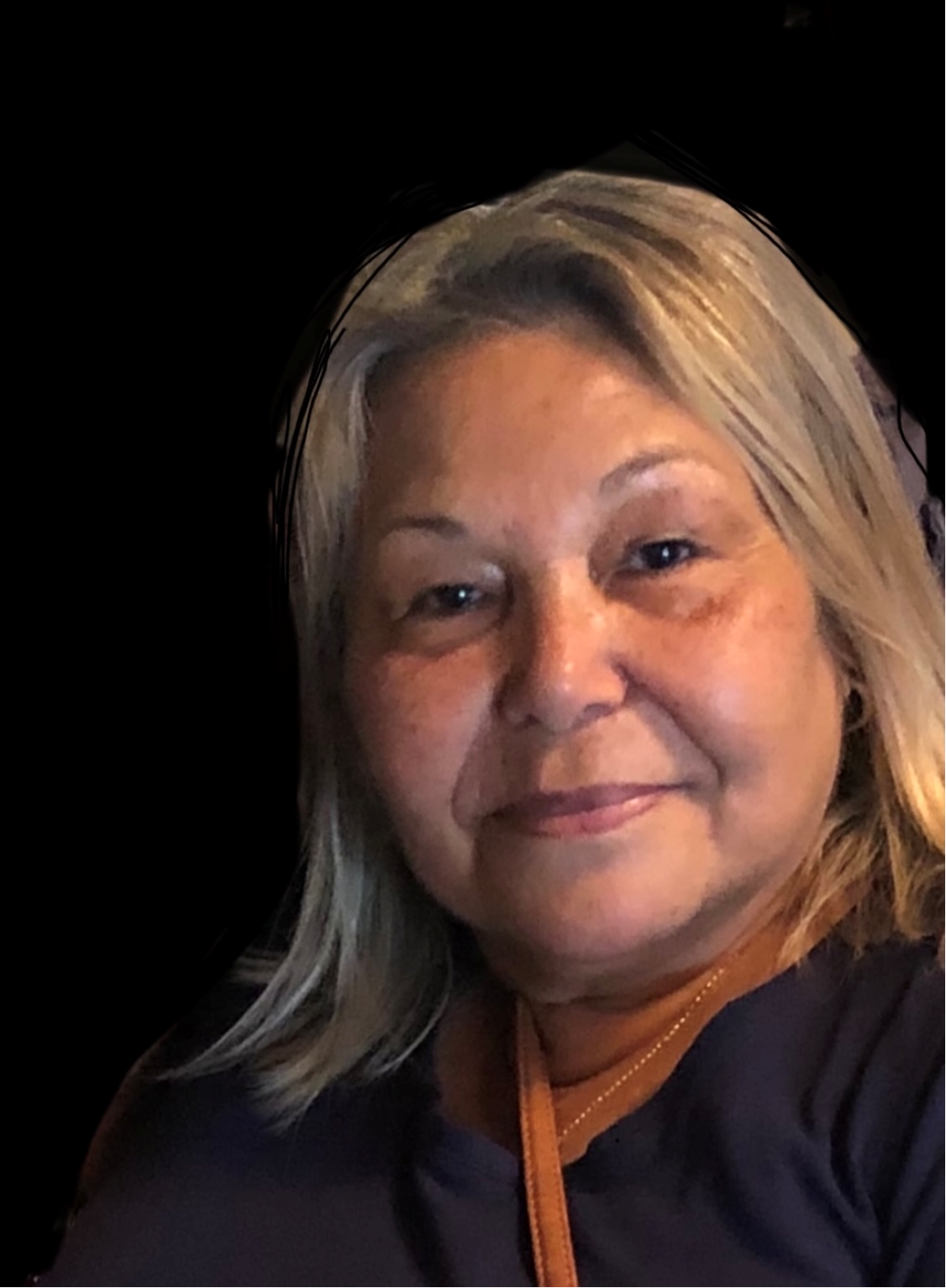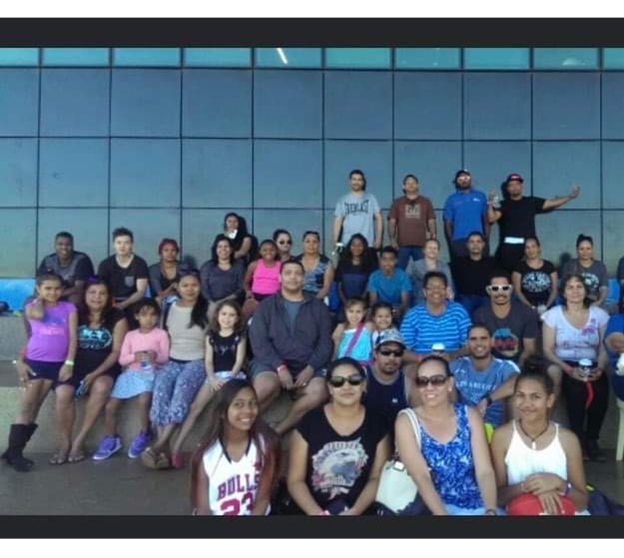
Roy v Australia (HRC, 2023)
Violations: ICCPR art 1, ICCPR art 2(3), ICCPR art 14(1), ICCPR art 27
 Unremedied
Unremedied
The UN says:
HRC (2023)[Australia] is under an obligation to provide the authors with an effective remedy. This requires it to provide full reparation to persons whose rights have been violated. Accordingly, [Australia] should, inter alia,
(a) reconsider the Wunna Nyiyaparli’s native title claim and ensure their effective participation in the proceedings, in order to carry out the delimitation, demarcation, and titling of their claimed traditional territory. Until then, the State party should abstain from acts which might lead to affect the existence, value, use or enjoyment of the area where the authors live and carry out their traditional activities;
(b) review the mining concessions already granted within the claimed traditional territory without consulting the authors, in order to evaluate whether a modification of the rights of the concessionaires is necessary to preserve the survival of the Wunna Nyiyaparli; and
(c) provide adequate compensation to the authors for the harm they have suffered.
[Australia] is also under an obligation to take steps to prevent similar violations from occurring in the future, by reviewing the legal aid and funding model with respect to overlapping indigenous native title claims, in order not to leave an applicant without legal representation.
… [Australia] is also requested to publish the present Views and to have them widely disseminated in the official languages of the State party, and particularly in a
daily newspaper with a large circulation in Western Australia and in the Nyiyaparli language.

Ailsa Roy, Wunna Nyiyaparli elder and registered nurse (image: supplied)
The authors of this communication are the Wunna Nyiyaparli people, of the larger Nyiyaparli language group, indigenous to the Pilbara region of northern Western Australia, some 1,300km north of the state capital of Perth. They number around 200 people and are represented in this communication by an elder named Ailsa Roy.
The Wunna Nyiyaparli people "continue to live a largely traditional life," continuing to "actively acknowledge and observe" their traditional laws and customs (paras 2.1 & 2.7). Their culture is ‘intimately and inextricably’ linked to their Country (para. 2.3). Their ability to live, hunt and fish on Country and to care for it and control access to it is essential to their preservation as a people. They contend that expansion of existing mines or the opening of any new mine on their Country pose an existential threat to them.
Mines and related infrastructure have already been developed on Nyiyaparli Country without the consent of its First Peoples, who were never consulted. Those mines mean the Wunna Nyiyaparli people can no longer enter any of their Country without being charged with criminal trespass.
In 2012, the Wunna Nyiyaparli filed an application in the Federal Court to have their native title over their traditional lands recognised in Australian law. They did not claim ownership of any minerals, petroleum or gas on their land, but did assert their right to access and live on Country, “to make decisions about the use and enjoyment of the area and its resources, to control the access of others to the area, to maintain and protect places of importance under traditional laws, customs and practices, and the right to manage, conserve and look after the land, waters and resources;” the right to ‘speak for’ their Country (para. 2.5).
The rest of the Nyiyaparli clan had filed a (still-pending) native title claim in 1998 over an area larger than, and wholly encompassing, the land claimed by the authors. The Federal Court determined in 2015 that the 2 competing native title claims should be examined together. While the ‘other Nyiyaparli’ mob had access to legal aid, the Wunna Nyiyaparli applied twice and were refused any public funding for their legal representation (para. 3.8).
Nearly 6 months later, the Wunna Nyiyaparli’s lawyers ceased acting for them and they could not afford to engage new lawyers. They remained unrepresented, without reliable access to the internet or email, and did not understand the proceedings or respond to attempts to contact them.
In what it called a ‘Separate Question,’ the court also sought to establish whether the Wunna Nyiyaparli are Nyiyaparli people. Three Wunna Nyiyaparli people attended this hearing in 2016, mistakenly believing it was their native title hearing and that the Separate Question had already been settled in their favour. They requested an adjournment, but the judge refused, citing the expense involved. The authors had brought to court evidence of their descent, but the judge would not admit it, in fairness to the competing claimants, who had not prepared a response to that evidence. The Separate Question hearing proceeded, based only on evidence from the other party who argued the Wunna Nyiyaparli were not descendants of Nyiyaparli “in order to have the authors’ claim rejected, to be able to freely negotiate with mining companies” (para. 2.18). The judge determined that the Wunna Nyiyaparli were not Nyiyaparli, and subsequently dismissed their native title claim also.
The authors appealed the ‘Separate Question’ decision, unsuccessfully, and were ordered to pay costs.
In 2018, the Federal Court made an authorised determination of native title in favour of the other Nyiyaparli applicants, extinguishing the authors’ rights to their Country. According to the Native Title Act, once a native title determination is made by the court, it can only be varied or revoked by the registered native title body corporate, the Commonwealth or state Minister or the Native Title Registrar. The Wunna Nyiyaparli people had no avenue to appeal the decision.
In their 2019 communication to the UN Human Rights Committee, the authors claimed Australia’s native title determination process was inadequate, with no room to appeal. Without a constitutional or legislated bill of rights in Australia, by which they could “assert their specific human rights as Indigenous people” (para. 3.2), their right to an effective remedy (ICCPR art 2(3)) was violated.
They claimed violation of their rights to equality before the law without discrimination and to fair judicial procedures (arts 14.1 & 26), given the “unjustified differential treatment” between the 2 parties claiming native title rights over the same territory, including that only one party was represented and eligible for legal aid (para. 3.8).
They also claimed violations of their cultural rights as a minority (art 27) read in the light of the right to self-determination (art 1), because losing their traditional lands means “the dissolution of their culture … and the destruction of the Wunna Nyiyaparli as such” (para. 3.3).
The authors asserted – and the Committee agreed it is an ‘established principle’ (para. 8.14) – that we must adopt an ‘evolutionary interpretation’ of human rights treaties, as envisaged by the Vienna Convention on the Law of Treaties. The ICCPR, which accords to all peoples the right of self-determination (art 1), must be read in light of the subsequent UN Declaration on the Rights of Indigenous Peoples (UNDRIP, which Australia endorsed in 2009), with its emphasis on First Nations’ right to free, prior and informed consent and effective participation in decisions affecting them.
It follows, they claimed, that adequate protection of First Nations’ cultural rights – so intimately connected with Country – must mean that “any process adjudicating indigenous land rights must be established and implemented in conjunction with the indigenous people concerned, and must be fair and open” (para. 3.6).
By way of remedy, the authors sought an overturning and re-hearing of the native title decision with the effective participation of the Wunna Nyiyaparli, as well as compensation for “acts by third parties carried out on their lands” since their native title claim commenced in 2012 (para. 3.15).
The Committee agreed that “it is of vital importance that measures that compromise indigenous peoples’ culturally significant territories are taken after a process of effective participation” (para. 8.5). Governments must “take all effective measures to ensure that indigenous peoples can understand and be understood in legal proceedings” and effectively participate (para. 8.13).
It found Australia had “not demonstrated having taken any steps to protect the authors’ right to enjoy their culture, having on the contrary attributed their traditional territory to another indigenous group without having ensured their effective participation in the proceedings” (para. 8.7; emphasis in original). It found the authors were not allowed to fully participate in legal proceedings that affected “their survival as a people” (para. 8.7) and that the court’s decision to deny their request for an adjournment or to adduce evidence was arbitrary. Further, their lack of legal representation and the court’s failure to consider their evidence or allow them to comment on others’ evidence was “a violation of both principles of equality before the courts and fair trial” (para. 8.12).
The Committee examined the authors’ article 26 claims under article 14(1) (para. 8.9), and in its final views found violations of articles 14(1), read alone and in conjunction with article 2(3) concerning effective remedies, and article 27, read in the light of article 1 of the Covenant and of UNDRIP (paras. 8.7 & 9).
The Committee recommended the following remedies: reassessing the Wunna Nyiyaparli’s native title claim, ensuring their effective participation; reviewing the mining concessions already granted within the claimed territory; compensation for harm suffered; and non-repetition measures, including revising the funding models for legal aid available for native title claims.
The decision was published in July 2023; the Committee asked Australia to widely disseminate its views in Australia, including publishing them in a “daily newspaper with a large circulation in Western Australia” and in the Nyiyaparli language.
Read the full decision: Roy v Australia (March 2023)

A meeting of the Wunna Nyiyaparli nation, who number around 200 (image: supplied)